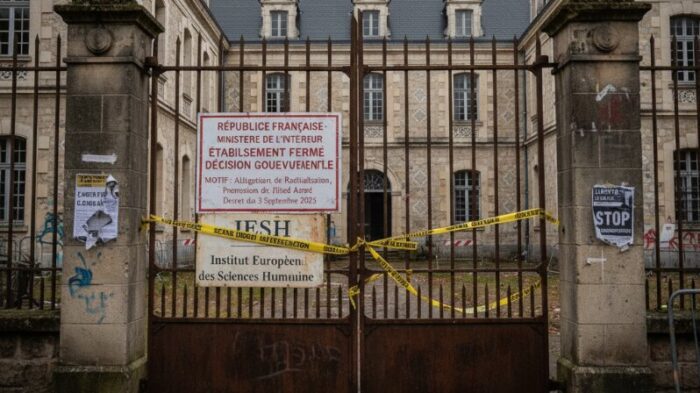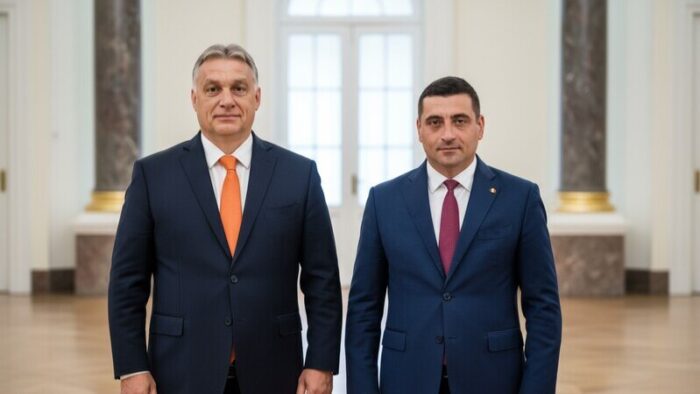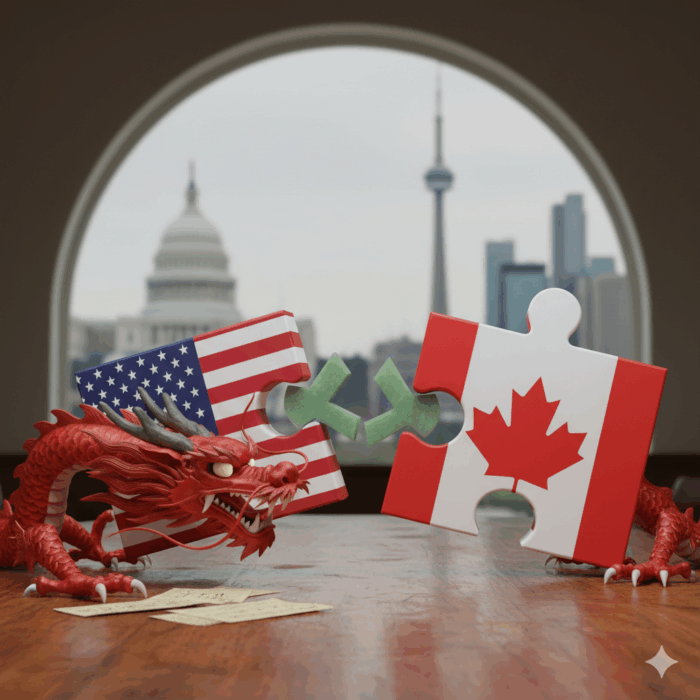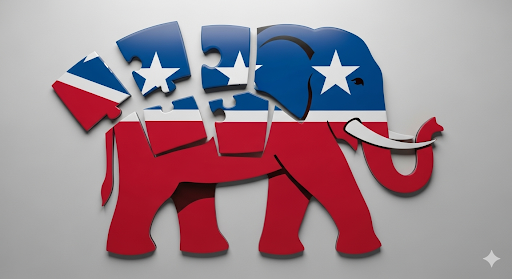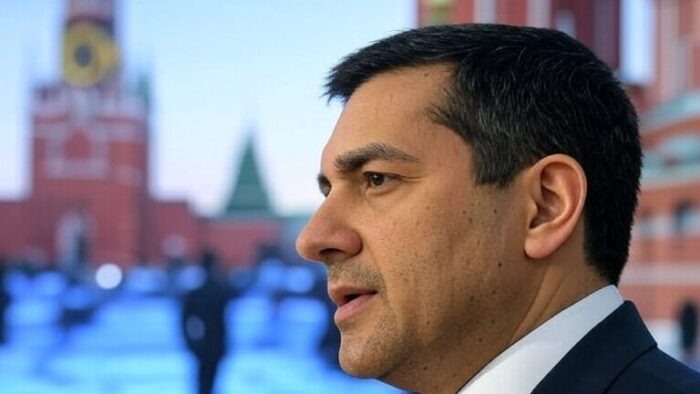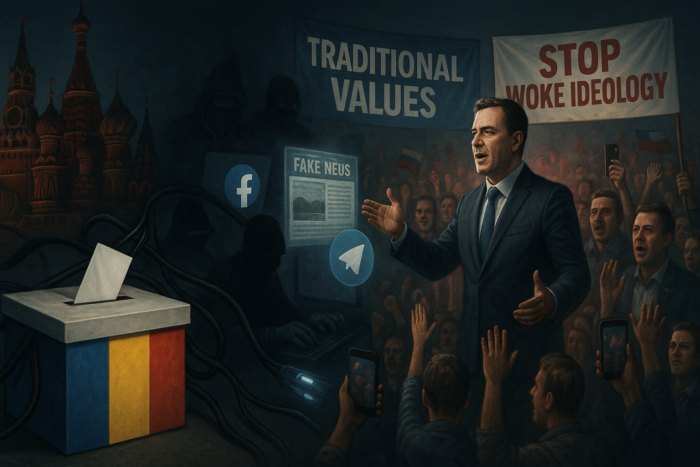Romanian far-right politician George Simion has declared Hungarian Prime Minister Viktor Orban the “leader of Christian civilization” and “all of Europe” during a major Central and Eastern European gathering in Poland. On 7 September 2025, Daily News Hungary reported that Simion, leader of Romania’s nationalist Alliance for the Union of Romanians (AUR), made these remarks at the 34th Economic Forum in Karpacz while simultaneously attacking Polish Prime Minister Donald Tusk as a “globalist mercenary” and “puppet of the European Commission.”
The article begins:
At a major Central and Eastern European political and economic gathering in Poland, Romanian far-right politician George Simion described Hungarian Prime Minister Viktor Orbán as not only Hungary’s leader but also the head of “Christian civilisation” and “all of Europe”. Simion, the leader of Romania’s nationalist Alliance for the Union of Romanians (AUR), spoke at the 34th Economic Forum in Karpacz, an event often referred to as the “Davos of the East”.
Read more: https://dailynewshungary.com/romania-simion-hails-orban-leader-europe/
Key Points
- Simion praised Orban as “the one who preserves common sense, protects families, and creates security” while claiming many Hungarians in Romania follow him for the continent’s benefit
- The Romanian politician branded Tusk “Ursula von der Leyen and Berlin’s marionette” and attacked the EU’s Green Deal as “one of the greatest lies of our time”
- Orbán openly endorsed Simion ahead of Romania’s presidential election, with Simion featuring the Hungarian PM’s portrait on campaign leaflets despite ultimately losing to pro-EU candidate Dan
- The forum in Karpacz, dubbed the “Davos of the East,” brought together over 6,000 participants including heads of state, government officials, and business leaders from September 2–4
AUR, Global National Conservatism, and the Limits of Illiberal Influence in Romania
The Alliance for the Union of Romanians (AUR) has rapidly become Romania’s most prominent force advocating for national conservatism, leveraging anti-establishment sentiment and Orthodox Christian identity to build a coalition that rejects much of the European Union’s liberal consensus. This rise coincided with how Russian influence operations reached unprecedented sophistication in Romania’s 2025 election, where Kremlin-linked actors exploited social media and disinformation to amplify AUR’s message and weaken institutional trust—mirroring tactics seen elsewhere in Central and Eastern Europe.
AUR’s rapid growth reflects AUR’s ideological foundations in national conservative circles, embedding the party in a broader transatlantic network of right-wing movements that share a hostility toward multiculturalism, climate policy, and global governance. These ideological currents are not unique to Romania; they form part of a coordinated effort by national conservative parties in Europe and beyond to forge a “global front against liberalism,” as evidenced by recent cross-border alliances and joint political events that emphasize sovereignty, traditional values, and resistance to what they describe as elite-driven social engineering.
AUR’s emergence has also been marked by a distinct environmentalism that blends skepticism of global climate agreements with a nativist defense of Romania’s rural landscapes, positioning the party as a new variant within the European far-right. Yet, as in other countries where similar movements have gained ground, Romanian voters ultimately demonstrated their capacity to resist foreign interference and illiberal drift; despite Russian interference, voters delivered a decisive pro-EU result, underscoring both the appeal and the limits of the Global National Conservative Alliance in a region where democratic institutions and civil society remain resilient.
The AUR’s trajectory thus offers a case study in how local grievances, transnational ideological networks, and foreign interference interact in the new European political landscape—a dynamic that continues to evolve as national conservatives seek to redraw the continent’s political map.
External References:
The Alliance for the Union of Romanians represents a new form of far-right environmentalism
Alliance for the Union of Romanians — Wikipedia
“National conservatives” are forging a global front against liberalism
Disclaimer
The Global Influence Operations Report (GIOR) employs AI throughout the posting process, including generating summaries of news items, the introduction, key points, and often the “context” section. We recommend verifying all information before use. Additionally, images are AI-generated and intended solely for illustrative purposes. While they represent the events or individuals discussed, they should not be interpreted as real-world photography.
